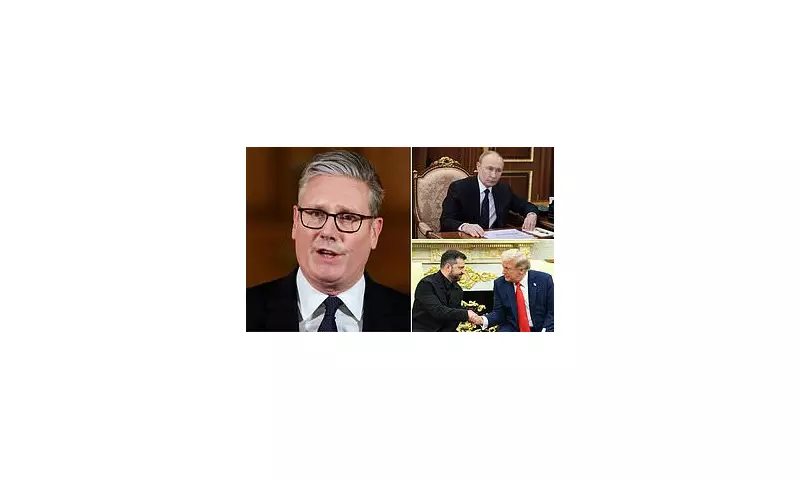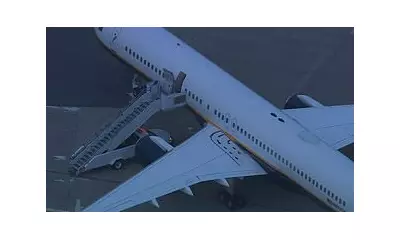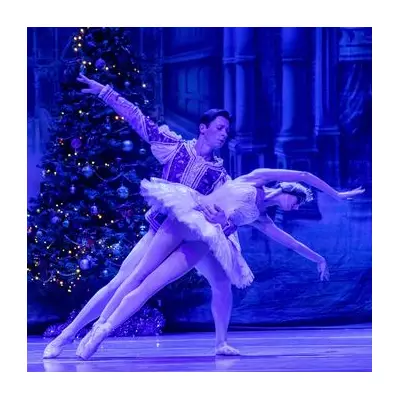
The carefully choreographed debut of Sir Keir Starmer on the world stage hit an unexpected diplomatic bump as Ukrainian President Volodymyr Zelensky abruptly cancelled a planned meeting in Washington. The move cast a shadow over the new Prime Minister's first major foreign trip.
The cancellation, attributed by Zelensky's office to a sudden "circumstance" on their end, forced a swift rescheduling of the UK-Ukraine bilateral meeting to Wednesday. A spokesperson for the Ukrainian leader cited an "agenda change," but the timing raised eyebrows among foreign policy observers.
A Trio of Leaders and a Missing Chair
The now-rescheduled meeting was intended to be a powerful symbol of Western unity, bringing together President Biden, Prime Minister Starmer, and President Zelensky on the eve of a pivotal NATO summit. The alliance is poised to make significant declarations regarding Ukraine's path to membership and long-term security guarantees.
Despite the hiccup, a Downing Street spokeswoman confirmed the UK's "unwavering support for Ukraine" remains absolute. "The Prime Minister is looking forward to meeting President Zelensky tomorrow to reiterate that the United Kingdom's support for Ukraine is ironclad," the statement read.
Starmer's Baptism of Fire on the Global Stage
Sir Keir's whirlwind visit to the American capital is a crucial test of his statesmanship. His agenda is packed, featuring his first face-to-face discussions with President Biden at the White House, followed by his inaugural NATO summit as leader.
The centrepiece of his diplomatic mission is a bold announcement: the finalisation of a new UK-Ukraine agreement on cooperation. This pact is expected to include a multi-year military aid package from Britain, a clear signal that the change in government will not mean a change in support for Kyiv.
The Shadow of Sanctions and the Putin Factor
Underpinning all discussions is the ongoing question of how to counter Russian aggression. The article notes that the new Labour government is conducting a review of the UK's sanctions regime against Russian oligarchs and entities, a policy area where the previous administration faced criticism for its pace.
This context makes the postponed meeting with Zelensky particularly noteworthy, as coordinating sanctions policy is a key pillar of Western support. The PM is expected to use the NATO gathering to push for even tighter enforcement and broader measures to stifle the Russian war effort.
While the scheduling conflict may be genuine, the incident serves as a stark reminder that in high-stakes global diplomacy, even the best-laid plans are subject to the unpredictable currents of international events. All eyes will now be on tomorrow's rescheduled talks for signs of the UK's evolving role under its new Prime Minister.





